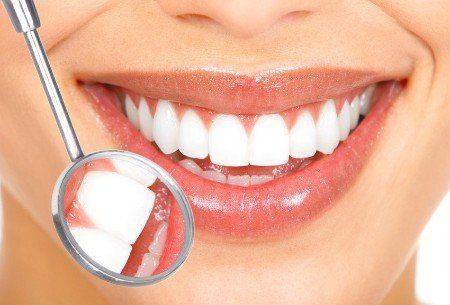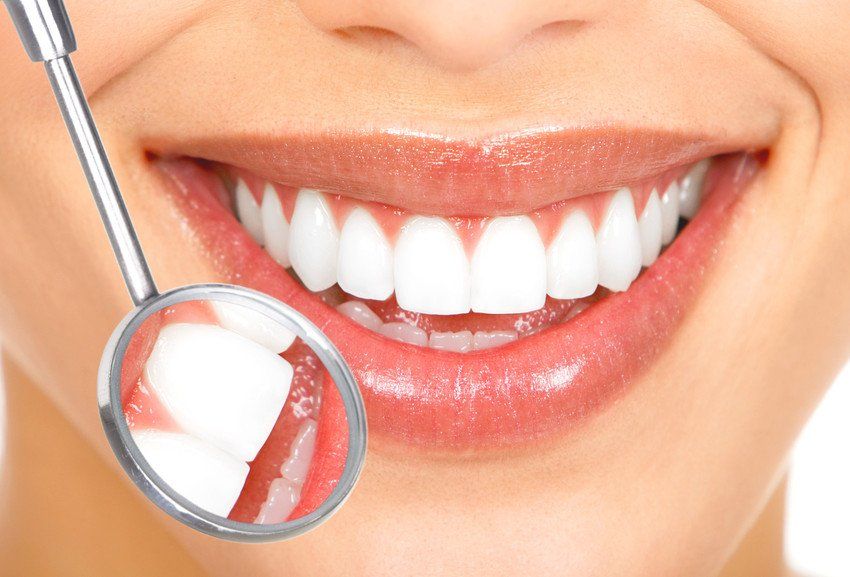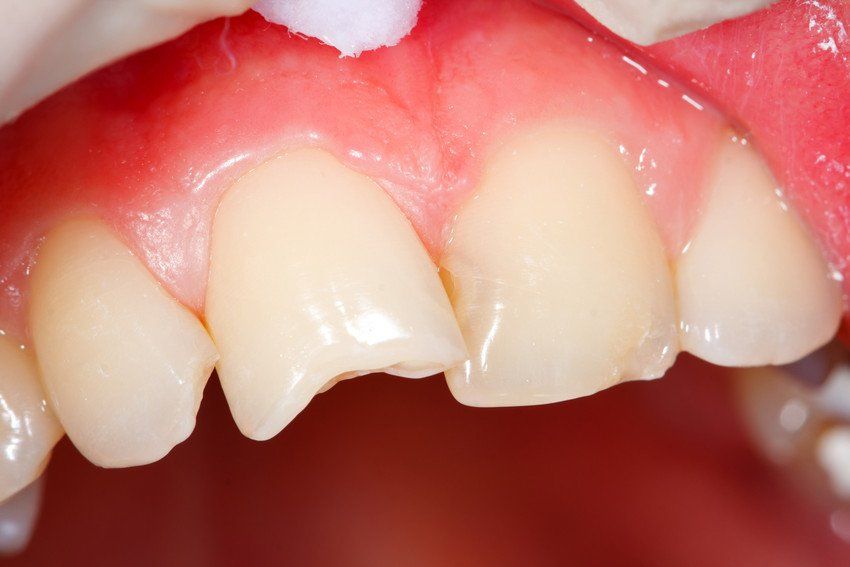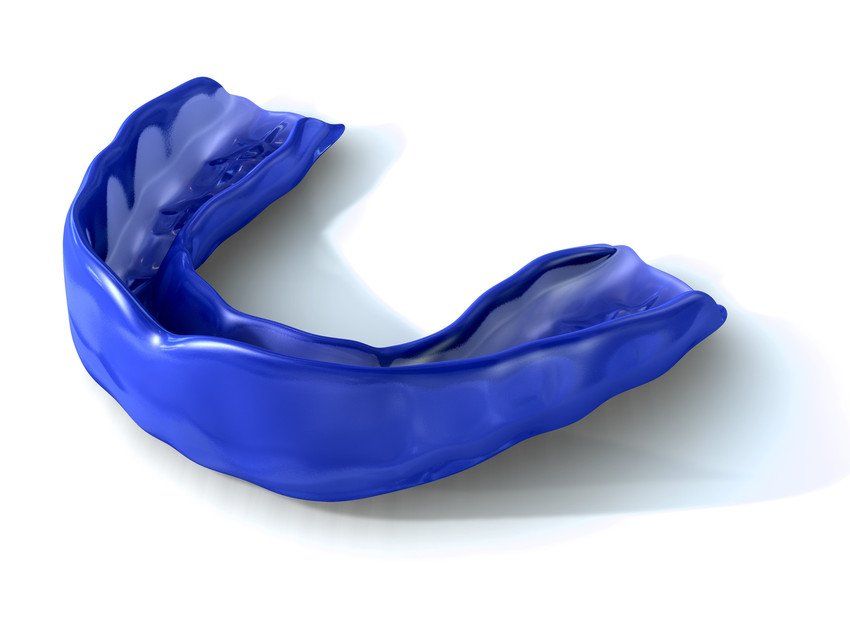The Services a Local Dentist Can Perform

We’re taught to look after our teeth from a young age, and everyone knows the importance of going for regular checkups at the dentist. You’re probably already aware of common dental services such as fillings, root canals or oral cleaning, but plenty of practices nowadays offer a wide range of treatments, including facial aesthetics, cosmetic dentistry and more.
Whether you need a simple checkup or are looking for something a bit more extensive, see our roundup below of the services a local dentist can provide and some more in depth information to help you decide on the best treatments for you.
The cornerstone of any dental practice are the general dentistry services on offer; this basically covers routine checkups, examinations and any work that needs to be carried out, like fillings or extractions.
Most people have a dental checkup every six months to a year, although some people may need more or less frequent treatment, depending on the health of their teeth and gums. At each checkup, your dentist will examine your teeth, gums and mouth, as well as ask you about general health habits like diet and whether you smoke. They can then advise you about when your next checkup should be (this can be anywhere between three months and two years), as well as make any appointments for treatments you may need.
Two of the most common dental treatments, crowns and fillings are used to repair holes in teeth caused by decay. Fillings can be made from a mix of metals such as zinc, silver and tin, or they might be white where appropriate. A crown is a type of cap that covers a real tooth, and can be made of pure metal or metal and porcelain. Crowns are used if a tooth is broken or chipped, and the old tooth will need to be filed down so that the crown can be attached on top.
Don’t believe all the horror stories you read about root canal treatment; while it can cause some mild discomfort, excessive pain is not the standard and your dentist will be able to give you any information you need to put your mind at rest. Root canal treatment is needed when a tooth has become infected at the centre (the root canal system) in order to stop the infection spreading.
Your dentist will use local anaesthetic to remove the bacteria from the root canal nerves and blood vessels, before sealing the tooth with a filling or crown. You will probably need two to three treatments, but the infected tooth will survive for years after in nine out of ten cases.
While general dentistry is concerned with the health of your teeth and gums, the cosmetic side is strictly about aesthetic appearances, and includes dental work that may not be strictly necessary but will improve the look of your smile. There are several types of cosmetic dentistry services, including veneers, composite bonding and teeth whitening.
Veneers can solve a multitude of issues, including discolouration, chipped teeth, cracks or gaps between the teeth. The majority of veneers are only available privately, as they are more for aesthetic purposes than repairing damage, although you may be able to get some NHS veneer treatment if you can show there is a clinical need.
Veneers are made from a thin layer of composite resin or porcelain and are fitted on top of the existing tooth, similar to a crown. A mould is taken of any misshapen or chipped teeth and then veneers are custom made to fit over the front of the old tooth. Like applying a crown, the old teeth must be filed down first so that the veneers can be bonded over the top, but once fitted they are very resilient and resistant to staining.
This treatment gives an appearance very similar to veneers, but at a slightly reduced cost and time commitment. Composite bonding uses resin as a cosmetic ‘fix’ for chipped, discoloured or gap teeth, and can often be carried out in just one visit, rather than the two or three required for veneers.
Patients should be aware that composite bonds aren’t as durable as veneers (they last between three and five years while veneers can last up to 20), and they are susceptible to staining if not cared for properly.
This involves bleaching your teeth to make them a lighter shade - no teeth are brilliantly white but treatments can make them quite a few shades lighter. Even though it’s a cosmetic treatment and involves no invasive surgery, teeth whitening must be carried out by a professional dentist. The process requires several visits to a dental surgery over a few months, and during the first, your dentist will take a mould of your teeth to create a mouthguard. This is then used with a bleaching gel at home over two to four weeks, or just one if you use a type of gel that can be left on for longer.
Another option is laser whitening, where a bleaching product is applied straight onto the teeth and then activated with a light or laser. This treatment tends to be more expensive but it only takes around an hour, making it much more convenient if you’re pushed for time.
As well as checkups, regular visits to a dental hygienist can keep your teeth in good condition by removing the buildup of plaque, tartar and removal of surface stains. A professional clean (also known as a scale and polish) can help prevent gum disease and tooth decay, and they can also provide a course of treatments if you are suffering from any existing bleeding or gum disease.
You may also be able to access teeth brightening treatments, while not as powerful as cosmetic whitening, a thorough teeth polish can remove stains caused by tea, coffee or diet to reveal a naturally brighter smile.
If you’re looking for a less invasive way to straighten front teeth, then aligners might be the answer. More comfortable than traditional braces, aligners can usually be fitted at your local dentist (rather than a specialist orthodontist) and see results in around 6 to 18 weeks.
Aligners come in either the patented Inman style which uses a thin metal wire to gently align teeth, or a completely clear mould for those who don’t want any sort of visible brace. Both methods are gentle on gums and work to gradually realign your teeth over several weeks, without the need for frequent orthodontist appointments. Clear aligners are best suited for final corrections after conventional braces, or for teeth that are only mildly crooked.
You might not realise that some dental practices offer services beyond those for your teeth, such as cosmetic anti ageing treatments or lip fillers. As with any treatment, you should take time to do your research and ensure any practitioner carrying out such procedures is a licensed medical professional. Practices such as Manor Road Dental in Swansea employ a facial aesthetics team overseen by qualified dentist Dr Lowri Jones, who has also undergone medical training so you can be sure you’re in safe hands.
Facial treatments include semi-permanent dermal fillers, cheek augmentation, lip plumping and anti-wrinkle injections like botox. All are non-surgical and offer results that last around four to six months before naturally dissolving. Treatments can be carried out in around an hour, with very little recovery time needed, making them very popular for those seeking a non invasive treatment.
If you’re seeking any of the services discussed above, then give Manor Road Dental a call today. Our modern dental practice in Swansea offers a wide range of dental, facial aesthetic and oral hygiene treatments, plus dental plans to help you spread the cost of treatments. Give us a call on 01792 653 826 to book an appointment, or visit the website to see our full range of services.











